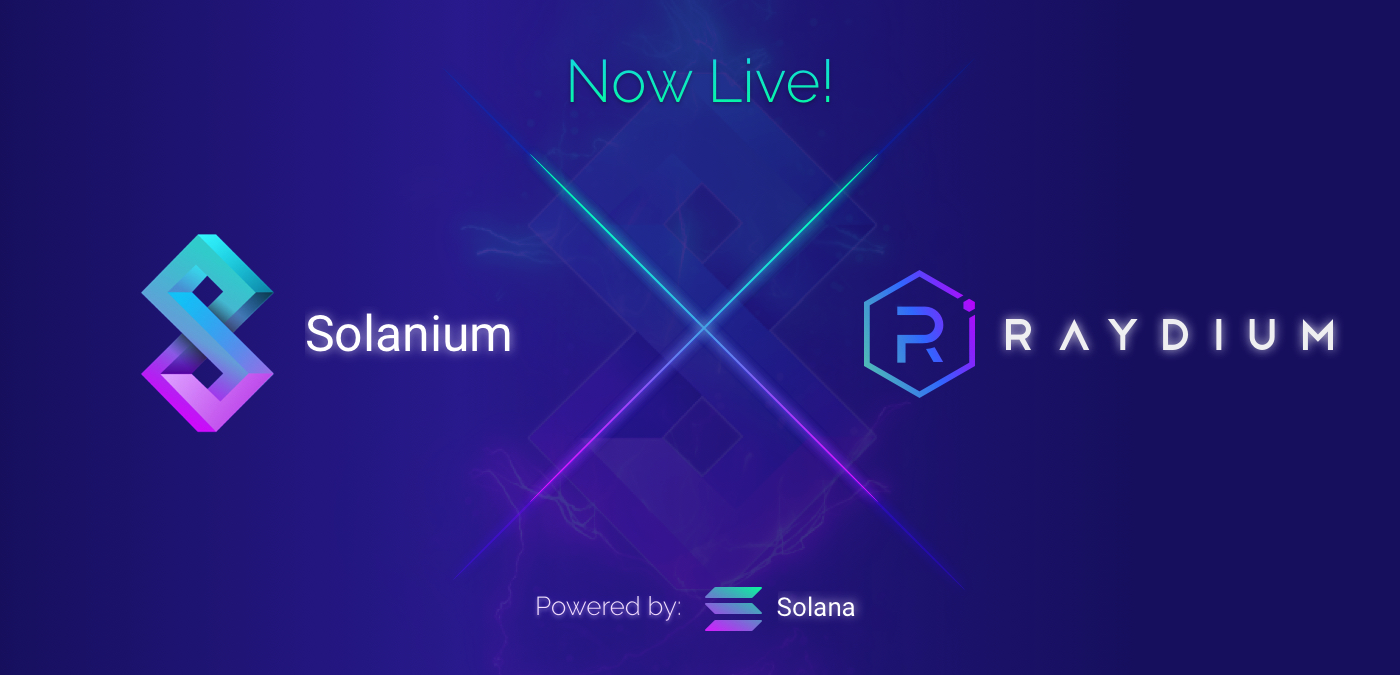Solana (SOL) Crashes on Network Outage

Solana (SOL) broke down to lower levels after its network reached transaction capacity. The sudden transaction volume caused validators to fall out of sync, deciding to shut down the network and restart with a new consensus.
The need for the restart arose after validator nodes could not coordinate, leading to a chain split. Some nodes went offline, leading to start with a clean slate. At this point, it is uncertain which transactions would be rolled back.
The Solana network failed to produce a block for 17 hours. Later, an almost complete restart was announced, though blockchain explorers post misleading information on the last blocks produced.
The network has been built with the idea of up to 50,000 transactions per second, and crashed under a load of estimated 400,000 attempted transactions per second.
Network Outage Hurt SOL Rally
Solana extended the crash from the recent SOL rally above $209, sliding to $158.74, logging a 15% drop from its Monday highs. Trading continues at volumes close to normal, with the market rebouncing from the $150 price. SOL remains one of the biggest gainers in 2021, returning above 2,491% since the start of the year.
For the upcoming days, SOL may not be sent and received from exchanges, leaving the market with the current available supply. A restart is expected as soon as sufficient SOL staking is achieved. This means the new SOL network may restart with a smaller number of nodes.
There is no current set date for the relaunch. The best approach is to wait out the exchanges until full recovery of withdrawal and deposit functionalities.
The Binance exchange still holds its Solana wallets closed, while users expected a return to normalcy after reports that block generation has resumed.
Is Solana Fully Decentralized
The recent network outage stress-tested node operators. In theory Solana can restart with only leading nodes that hold enough SOL.
This has raised questions of whether networks could restart in case all nodes are anonymous and fully decentralized. The recent network outage also underlined issues with running a validator node. Despite the low costs to end users, validators now need a significant upfront investment to secure the network.
The network allows up to 1,000 validator nodes, though a smaller number of validators can, in theory, produce secure transactions.
What Caused the Transaction Overload
In the past, networks have been spammed with multiple micro-transactions, which have affected even the Bitcoin blockchain. Projects with very low transaction fees are often attacked.
On the Solana network, one of the sources for millions of transactions is KIN, which claims to be the network’s most active token. Other potential sources include games, bot activity, or some forms of so-called “transaction mining”.
According to Anatoly Yakovlenko, CEO of Solana Labs, the transaction overload originated with the Raydium project. Raydium is the leading automated market maker and liquidity pool hub on the Solana network.
Raydium performs a series of token sales, including NFT collections. Other sources of activity include IDOs, or decentralized token sales. According to Yakovlenko, similar “resource exhaustion” has been noted in the past, and is connected to token issuance events on the Raydium platform.
Transaction mining has affected EOS and TRON in the past, and originated with projects that minted new tokens in exchange for making multiple micro-transactions.
In the case of Solana, a Break Solana game has been spotted, where users are asked to produce as many micro-transactions as possible, in an attempt to stress the network. Other possible explanations include an NFT minting announcement, where bots compete to generate rare collectibles.
Ethereum Nodes Also Face False Ledger Attack
The Solana network was not the only one to be attacked. Ethereum, despite its claims to higher security through proof-of-work, saw nodes lose consensus.
Fortunately, only a handful of nodes verified a fake chain of transactions, later reverting to the valid state supported by other nodes.
An invalid chain on Ethereum cannot be sustained for a long time, as it would need some mining power behind it, making it more expensive to continue the attack.
Arbitrum Also Experiences Temporary Freeze
In a different kind of failure, the Arbitrum project experienced a 45-minute partial outage. The project, which allows transfers between blockchains and serves as a second-layer solution to Ethereum, failed to submit some of the transactions.
The outage affected the project’s Sequencer, a smart contract that temporarily held signed transactions.
No funds were lost during the outage, though the project warned of new eventual Sequencer outages in the coming days.

With over 50 coins and an obsession with security, Kraken is one of the safest places to buy and trade crypto.

Kraken has a good reputation for security and protection of your funds and operates across the USA (except NY), Canada, the EU and Japan

Crypto gets a lot of criticism sometimes but what sort of job are the current banks doing at looking after their customers. Who are the best and the worst banks to be with?

We are now paying prizes in Iota. Learn a bit about it and where you can buy, sell and store it

An innovative digital asset utilizing a fully decentralized consensus protocol called Ourobouros. The network aims to compete with Ethereum in offering smart contract functionalities. However it is lightyears behind Ethereum in terms of adoption.

Solana is a cryptocurrency project with a radically different approach to how blockchains work. It focuses on an element which is very simple: time. It seems introducing a decentralised clock to a cryptocurrency blockchain makes it more efficient than anyone could have possibly imagined. Solana is a high-performance cryptocurrency blockchain which supports smart contracts and decentralised applications. It uses proof of stake consensus mechanism with a low barrier to entry along with timestamped transactions to maximise efficiency.